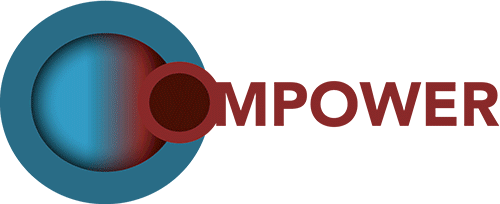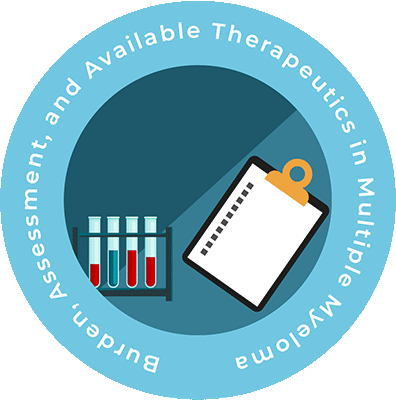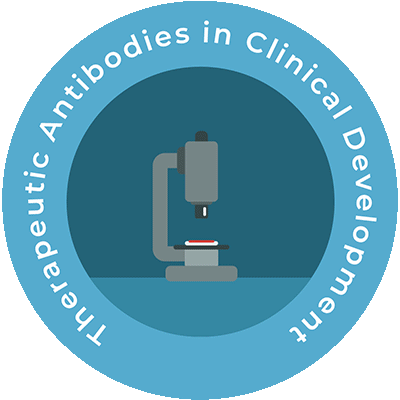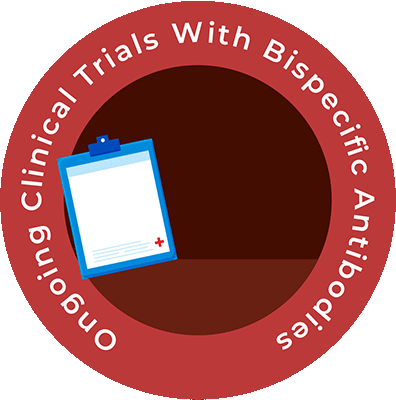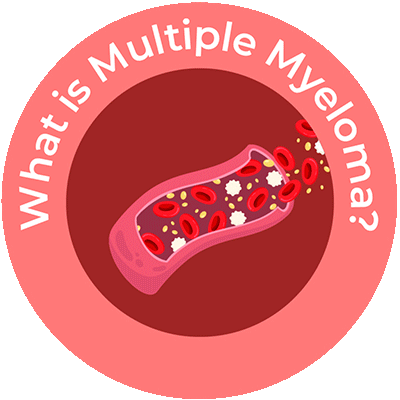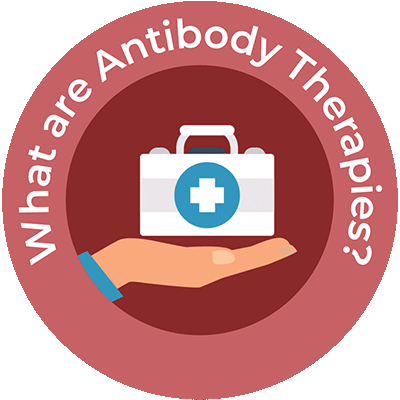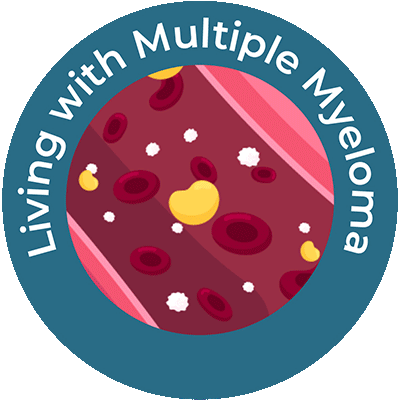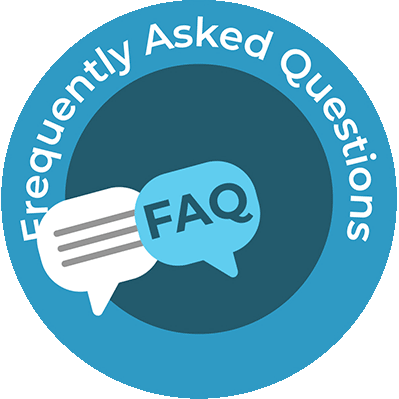This activity is provided by Med Learning Group.
This activity is supported by an independent medical education grant from Regeneron Pharmaceuticals, Inc.
Copyright © 2024 Med Learning Group. Built by Divigner. All Rights Reserved.
References
- National Comprehensive Cancer Network®. NCCN Clinical Practice Guidelines in Oncology. Multiple Myeloma. Version5.2022. Published March 9, 2022. https://www.nccn.org/professionals/physician_gls/pdf/myeloma.pdf
- Siegel RL, Miller KD, Fuchs HE, Jemal A. Cancer statistics, 2022. CA Cancer J Clin. 2022;72(1):7-33. doi:10.3322/caac.21708
- ESMO. Multiple Myeloma: A Guide for Patients. Published 2017. https://www.esmo.org/for-patients/patient-guides/multiple-myeloma.
- Raje NS, Anaissie E, Kumar SK, et al. Consensus guidelines and recommendations for infection prevention in multiple myeloma: A report from the International Myeloma Working Group. Lancet Haematol. 2022;9(2):e143-e161. doi:10.1016/S2352-3026(21)00283-0
- Zhang Z, Liu X, Zhao L, et al. A review on the treatment of multiple myeloma with small molecular agents in the past five years. Eur J Med Chem. 2022;229:114053. doi:10.1016/j.ejmech.2021.114053
- Yang Y, Li Y, Gu H, Dong M, Cai Z. Emerging agents and regimens for multiple myeloma. J Hematol Oncol. 2020;13(1):150. doi:10.1186/s13045-020-00980-5
- Lancman G, Richter J, Chari A. Bispecifics, trispecifics, and other novel immune treatments in myeloma. Hematology Am Soc Hematol Educ Program. 2020;2020(1):264-271. doi:10.1182/hematology.2020000110
- Lancman G, Sastow DL, Cho HJ, et al. Bispecific antibodies in multiple myeloma: Present and future. Blood Cancer Discov. 2021;2(5):423-433. doi:10.1158/2643-3230.BCD-21-0028
- American Cancer Society. Questions to Ask About Multiple Myeloma. Revised February 28, 2018. https://www.cancer.org/cancer/multiple-myeloma/detection-diagnosis-staging/talking-with-doctor.html.
- National Comprehensive Cancer Network®. NCCN Guidelines for Patients. Multiple Myeloma, 2022. https://www.nccn.org/patients/guidelines/content/PDF/myeloma-patient.pdf
